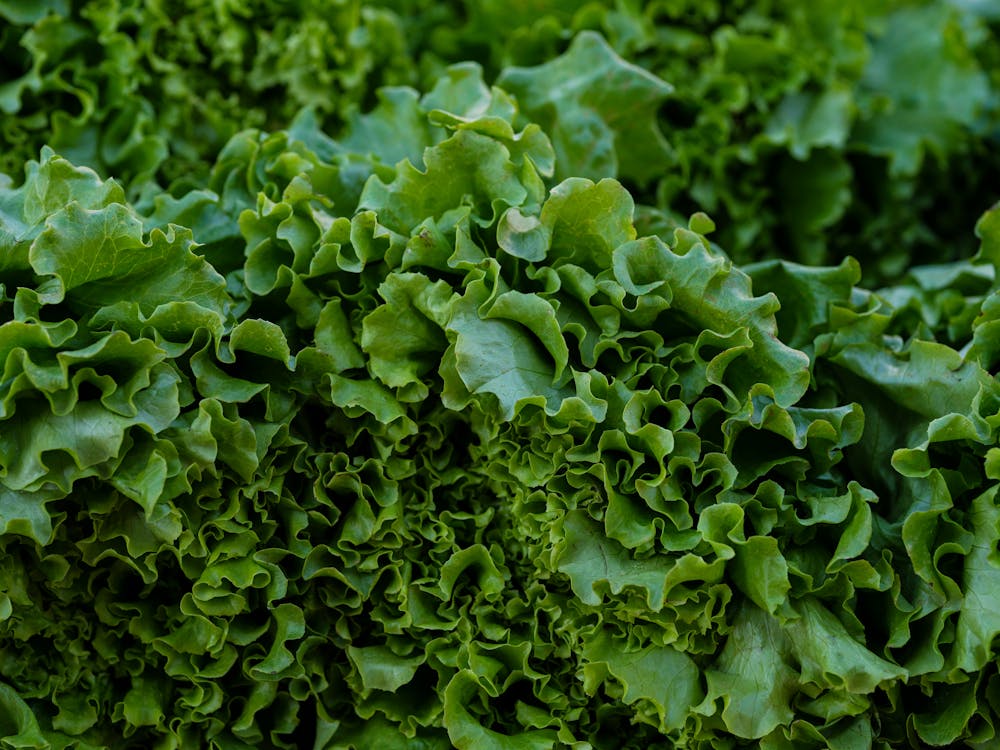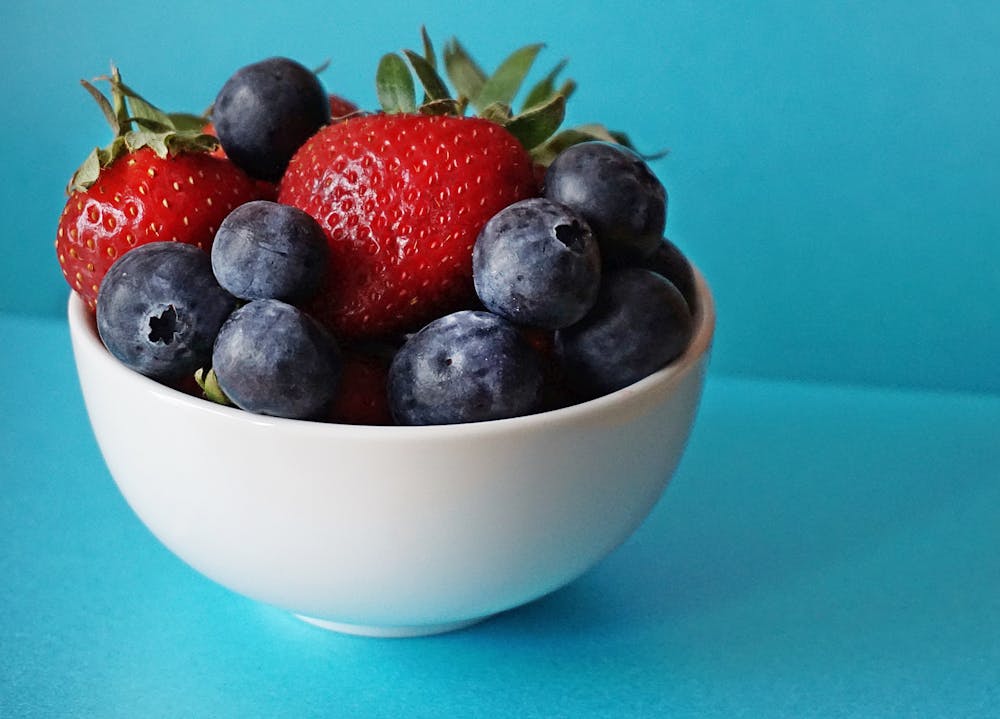Exploring the realm of functional foods has been an enlightening journey for me, revealing the remarkable potential of certain foods to enhance health beyond basic nutrition. While we often think of food primarily as a source of energy and essential nutrients, functional foods offer additional health benefits that can positively impact various aspects of well-being. Here’s what I’ve learned about functional foods and their role in promoting optimal health:
 **1. Definition and Characteristics:**
**1. Definition and Characteristics:**
Functional foods are those that provide health benefits beyond basic nutrition, typically due to the presence of bioactive compounds or additional components that contribute to specific physiological functions. These foods may contain vitamins, minerals, antioxidants, fiber, probiotics, prebiotics, phytochemicals, or other bioactive substances that support health and well-being.
 **2. Examples of Functional Foods:**
**2. Examples of Functional Foods:**
Several foods are renowned for their functional properties and have been studied extensively for their health benefits. Examples include:
 – **Berries:** Rich in antioxidants, vitamins, and phytochemicals, berries such as blueberries, strawberries, and raspberries have been associated with improved cognitive function, cardiovascular health, and reduced inflammation.
– **Berries:** Rich in antioxidants, vitamins, and phytochemicals, berries such as blueberries, strawberries, and raspberries have been associated with improved cognitive function, cardiovascular health, and reduced inflammation.
– **Yogurt and Fermented Foods:** Yogurt and other fermented foods contain probiotics, beneficial bacteria that support digestive health, strengthen the immune system, and promote overall gut health.
– **Fatty Fish:** Fatty fish like salmon, mackerel, and sardines are excellent sources of omega-3 fatty acids, which are known for their anti-inflammatory properties and cardiovascular benefits.
– **Whole Grains:** Whole grains such as oats, quinoa, and brown rice are rich in fiber, vitamins, and minerals, and have been linked to improved digestive health, weight management, and reduced risk of chronic diseases like diabetes and heart disease.
– **Leafy Greens:** Leafy greens like spinach, kale, and Swiss chard are packed with vitamins, minerals, and phytochemicals that support immune function, bone health, and overall vitality.
 **3. Health Benefits of Functional Foods:**
**3. Health Benefits of Functional Foods:**
Functional foods offer a wide range of health benefits that extend beyond basic nutrition. Some common benefits include:
 – **Supporting Digestive Health:** Foods rich in fiber, probiotics, and prebiotics promote a healthy gut microbiome, improve digestion, and reduce the risk of gastrointestinal disorders like constipation, irritable bowel syndrome (IBS), and inflammatory bowel disease (IBD).
– **Supporting Digestive Health:** Foods rich in fiber, probiotics, and prebiotics promote a healthy gut microbiome, improve digestion, and reduce the risk of gastrointestinal disorders like constipation, irritable bowel syndrome (IBS), and inflammatory bowel disease (IBD).
– **Boosting Immune Function:** Certain functional foods contain immune-boosting compounds like vitamins, antioxidants, and phytochemicals that help strengthen the body’s natural defenses against infections and diseases.
– **Reducing Inflammation:** Many functional foods possess anti-inflammatory properties that help mitigate chronic inflammation, which is linked to various health conditions including heart disease, arthritis, and certain types of cancer.
– **Supporting Brain Health:** Foods rich in omega-3 fatty acids, antioxidants, and other nutrients support cognitive function, memory, and mood, and may help reduce the risk of neurodegenerative diseases like Alzheimer’s disease.
 **4. Incorporating Functional Foods into the Diet:**
**4. Incorporating Functional Foods into the Diet:**
Incorporating functional foods into my daily diet has been a cornerstone of my approach to holistic health and wellness. I strive to include a variety of nutrient-dense, functional foods in my meals and snacks to optimize my nutritional intake and support overall well-being. Some strategies for incorporating functional foods include:
 – **Diversifying the Diet:** Eating a diverse range of fruits, vegetables, whole grains, lean proteins, and healthy fats ensures a broad spectrum of nutrients and bioactive compounds.
– **Diversifying the Diet:** Eating a diverse range of fruits, vegetables, whole grains, lean proteins, and healthy fats ensures a broad spectrum of nutrients and bioactive compounds.
– **Experimenting with Recipes:** Trying new recipes and culinary techniques allows me to explore the versatility of functional foods and discover delicious ways to incorporate them into my meals.
– **Mindful Eating:** Practicing mindful eating and savoring the flavors, textures, and aromas of functional foods enhances the dining experience and fosters a deeper connection to the food I consume.
 In conclusion, functional foods offer a wealth of health-promoting benefits that extend beyond basic nutrition. By incorporating nutrient-dense, functional foods into my diet, I can support digestive health, boost immune function, reduce inflammation, and promote overall vitality and well-being. Embracing the power of functional foods is a simple yet impactful way to nourish the body, mind, and spirit for optimal health and longevity.
In conclusion, functional foods offer a wealth of health-promoting benefits that extend beyond basic nutrition. By incorporating nutrient-dense, functional foods into my diet, I can support digestive health, boost immune function, reduce inflammation, and promote overall vitality and well-being. Embracing the power of functional foods is a simple yet impactful way to nourish the body, mind, and spirit for optimal health and longevity.






